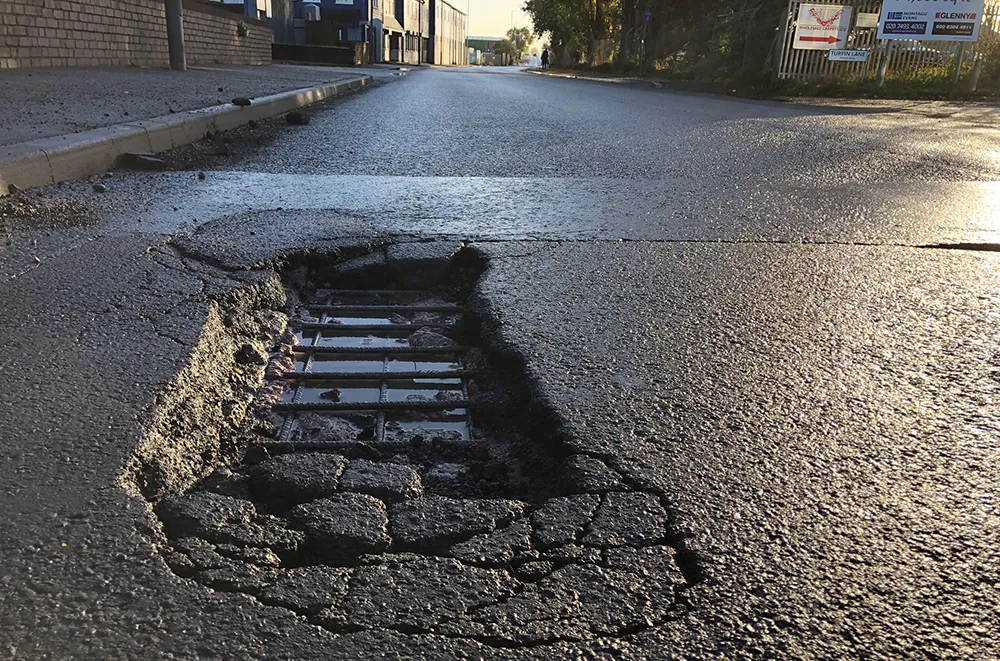A further €821.07 million (CHF 1 billion) is to be spent on reducing traffic problems on Swiss roads, including the A4. The FORTA fund should be used to finance the expansion of the motorways between Meyrin and Vernier-Le Vengeron, Luterbach and Harkingen and Andelfingen and Winterthour. A further €32.83 million should be spent on work around Crissier, which already benefited from €98.51 million of the €1.14 billion allotted in the first phase of traffic jam reduction. The second €816.85 million phase is to
June 17, 2014
Read time: 2 mins
A further €821.07 million (CHF 1 billion) is to be spent on reducing traffic problems on Swiss roads, including the A4. The FORTA fund should be used to finance the expansion of the motorways between Meyrin and Vernier-Le Vengeron, Luterbach and Harkingen and Andelfingen and Winterthour. A further €32.83 million should be spent on work around Crissier, which already benefited from €98.51 million of the €1.14 billion allotted in the first phase of traffic jam reduction. The second €816.85 million phase is to be reviewed by the Council of States. The liberal greens have called for more spending on public transport and a mobility pricing strategy. Around €41.04 million has been reserved for the Geneva Airport-Le Vengeron road. The total costs of works could reach €4.51 billion. A further list of sites to use up the remaining €2.62 billion of funds has also been produced.
Meanwhile, Swiss pedestrian association Fussverkehr Schweiz has called for the state to give pedestrians higher priority in road construction projects. This includes aiming to lower traffic through lower speed limits or the construction of islands in the middle of pedestrian crossings. Routes used by children to get to school should be renovated, according to the association, as some 400 children are injured on their way to school each year, of which 80 sustain serious injuries and an average of two children die each year while walking to school.
Meanwhile, Swiss pedestrian association Fussverkehr Schweiz has called for the state to give pedestrians higher priority in road construction projects. This includes aiming to lower traffic through lower speed limits or the construction of islands in the middle of pedestrian crossings. Routes used by children to get to school should be renovated, according to the association, as some 400 children are injured on their way to school each year, of which 80 sustain serious injuries and an average of two children die each year while walking to school.







